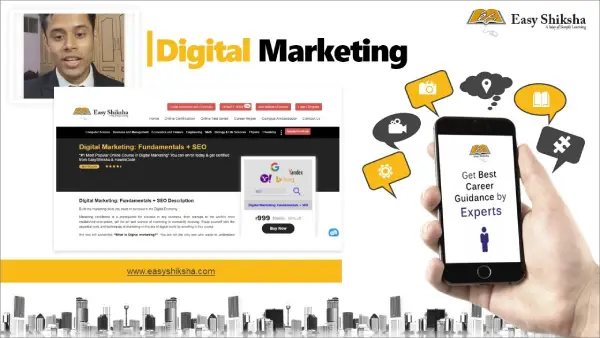Anant Bengani, Co – Founder & Director – Zell Education
The Banking, Financial Services and Insurance (BFSI) sector stands at the crossroads of change. Digital adoption has become a strategic priority. According to The Workforce Insight: BFSI Industry Report 2025, 83% of banks identify digital transformation as their core agenda. Yet only 31% of their workforce feels prepared to navigate it. This readiness gap is most visible in emerging areas such as AI and data analytics, technology-enabled customer experiences, and leadership capability to drive transformation.
Also Read: Top 5 Schools in Gurugram Leading in Mental Health & Mindfulness in Classrooms
This mismatch between industry expectations and workforce preparedness poses a deep structural challenge. The real question before us is how education can be redesigned to truly bridge this gap
Insights from Internship Students: Testimonials






The New Demands of BFSI
For decades, banking and finance careers were built on strong foundations in accounting, regulatory frameworks, and compliance. While these remain crucial, the industry’s future is now defined by skills that blend finance with technology. Credit scoring models built on machine learning, blockchain-enabled payments, robo-advisory wealth management, and AI-powered fraud detection are slowly becoming operating realities.
One practical way to close this gap is through industry-integrated education that embeds technology, application, and professional readiness into financial training. Programs that combine global certifications with hands-on exposure are already making a difference. For example, ACCA (Association of Chartered Certified Accountants) offers a globally recognised pathway for students. To master accounting, taxation, audit, and business analysis, while integrating modern tools used in finance. Similarly, advanced certifications like CFA (Chartered Financial Analyst) and FRM (Financial Risk Manager) prepare professionals. To handle investment management, risk modelling, and portfolio optimisation with the help of digital platforms.
Beyond these, specialised diplomas in financial modelling, data analytics, and business intelligence tools equip learners with the ability to interpret large datasets and present insights that influence strategic decision-making. Courses in FinTech, blockchain applications, and regulatory technology (RegTech) train graduates to navigate payments innovation, decentralised finance (DeFi), and compliance automation, all critical priorities for BFSI companies today. This combination of deep domain expertise and new-age technology skills is what employers are seeking. Instead of classroom theory alone, such courses simulate live projects, case studies, and digital tools used in BFSI workplaces, making graduates job-ready from day one.
Professionals for a Tech-Driven Career
The benefits of industry-integrated education extend beyond employability. For professionals, these courses expand career opportunities across traditional financial institutions, high-growth FinTech startups, and global consulting firms. An ACCA-qualified accountant with data analytics training, for instance, is positioned. Not only for audit roles but also for business advisory or performance analysis functions. A finance graduate with a CFA charter and hands-on experience in Python and SQL can contribute meaningfully to investment firms leveraging AI-driven trading models.
For employers, this model reduces the need for costly re-skilling, ensuring new hires can take on responsibilities in risk management, compliance, financial planning, or digital customer experience with minimal lag. The workforce becomes a partner in transformation rather than a barrier to it.
Top Courses in Self Development
Building a Future-Ready BFSI Workforce
Crucially, industry-integrated education also emphasises leadership and communication. In a world where businesses expect finance professionals to present insights to heads, influence strategy, and assess ethical risks of AI adoption, they must pair technical expertise with problem-solving and decision-making capabilities. Programs that incorporate workshops on critical thinking, leadership, and stakeholder communication are proving just as vital as those that teach coding or analytics.
With 83% of banks prioritising digital transformation but only 31% of the workforce prepared, the urgency for change is undeniable. The BFSI sector’s competitiveness depends on its ability to create a workforce i.e. digitally fluent, strategically minded, and globally relevant. Industry-integrated education provides the most effective bridge between ambition and readiness ensuring professionals are not only future-proof but also future-shaping.
Get Some Courses: Create RESTful APIs using PHP, POSTMAN and MySQL , CISCO CCNP Routing





































































